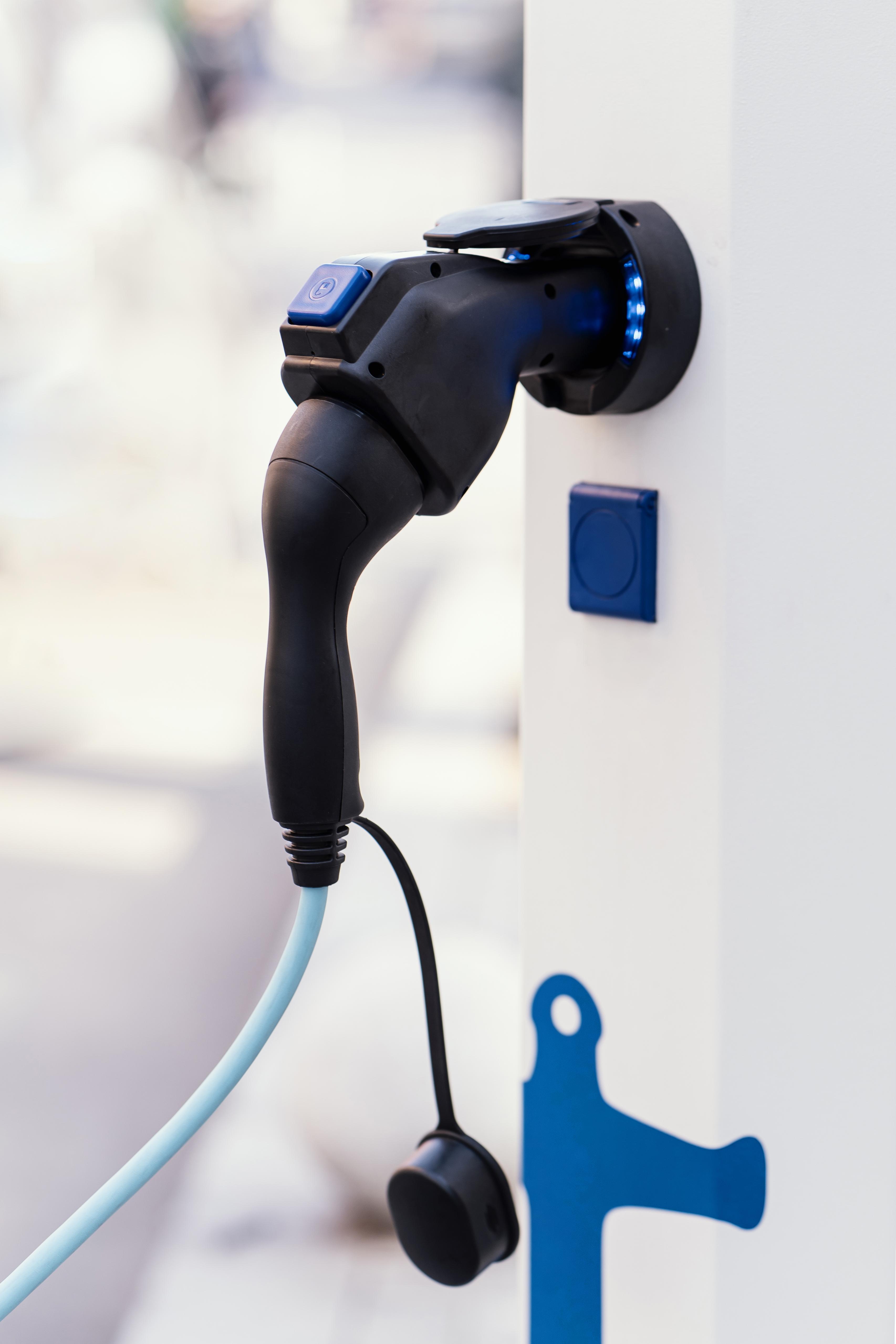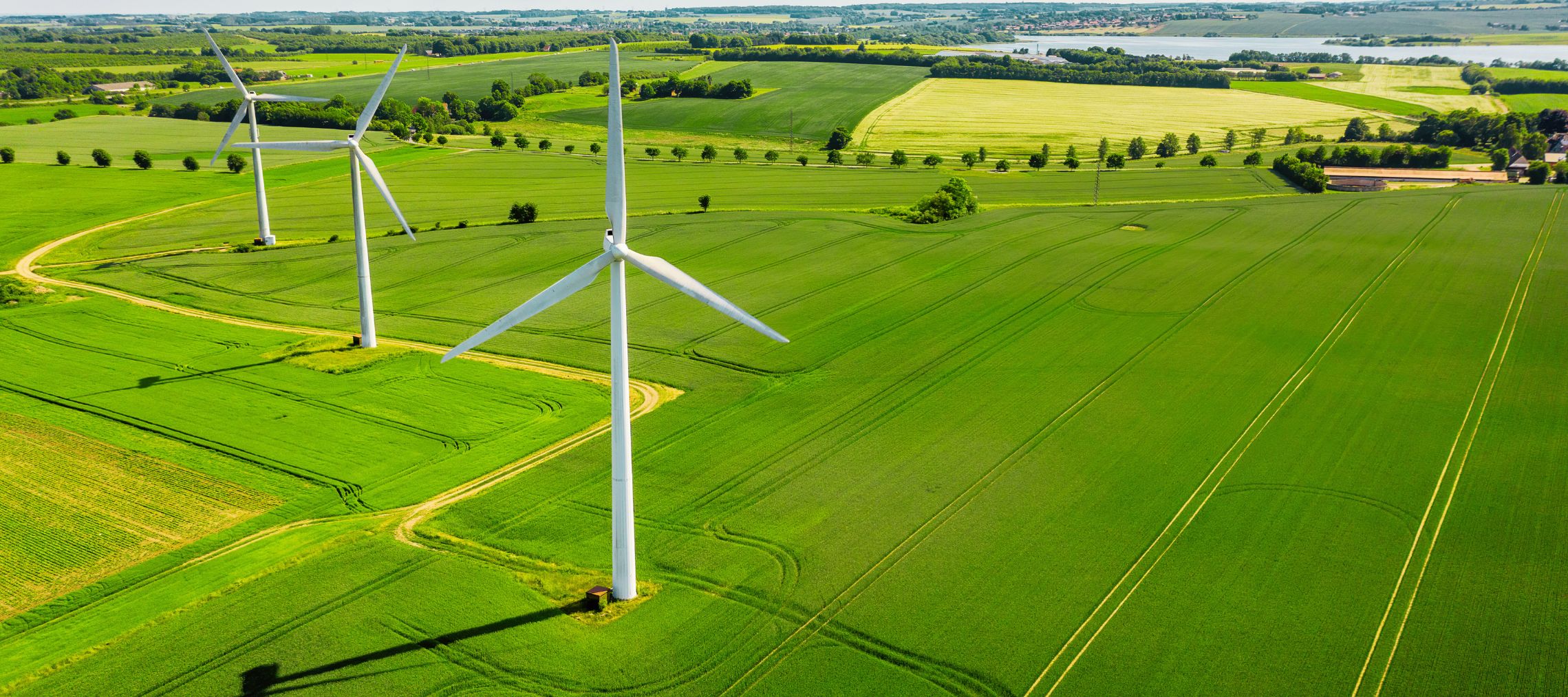India’s clean energy transition is at a pivotal stage, with several initiatives underway to take the nation closer to its goals of installing 500 GW of renewable energy (RE) capacity by 2030 and attaining net-zero emissions by 2070. The Ministry of New and Renewable Energy (MNRE) has introduced schemes such as the PM-Surya Ghar Muft Bijli Yojana and the Pradhan Mantri Kisan Urja Suraksha evam Utthaan Mahabhiyan (PM-KUSUM) scheme to decarbonise the residential and agricultural sectors, respectively, by incentivising large-scale adoption of renewables.
However, decarbonising road transport, which accounts for almost 12 per cent of India’s energy-related emissions and is a major source of urban air pollution, remains a critical challenge. Rapid adoption of electric vehicles (EVs) offers a promising solution, but the true potential of EVs cannot be realised unless they are powered by clean energy.
Charging EVs through RE, especially distributed renewable energy (DRE), can be instrumental in reducing emissions by minimising the reliance on grid-based electricity. Transitioning to electric mobility is crucial for realising India’s net-zero goals by 2070, but this transition needs to be fully green and sustainable. The proposed scheme for DRE-powered EV charging, when accompanied by diligent research and efficient implementation, can serve as a catalyst for this transition.

